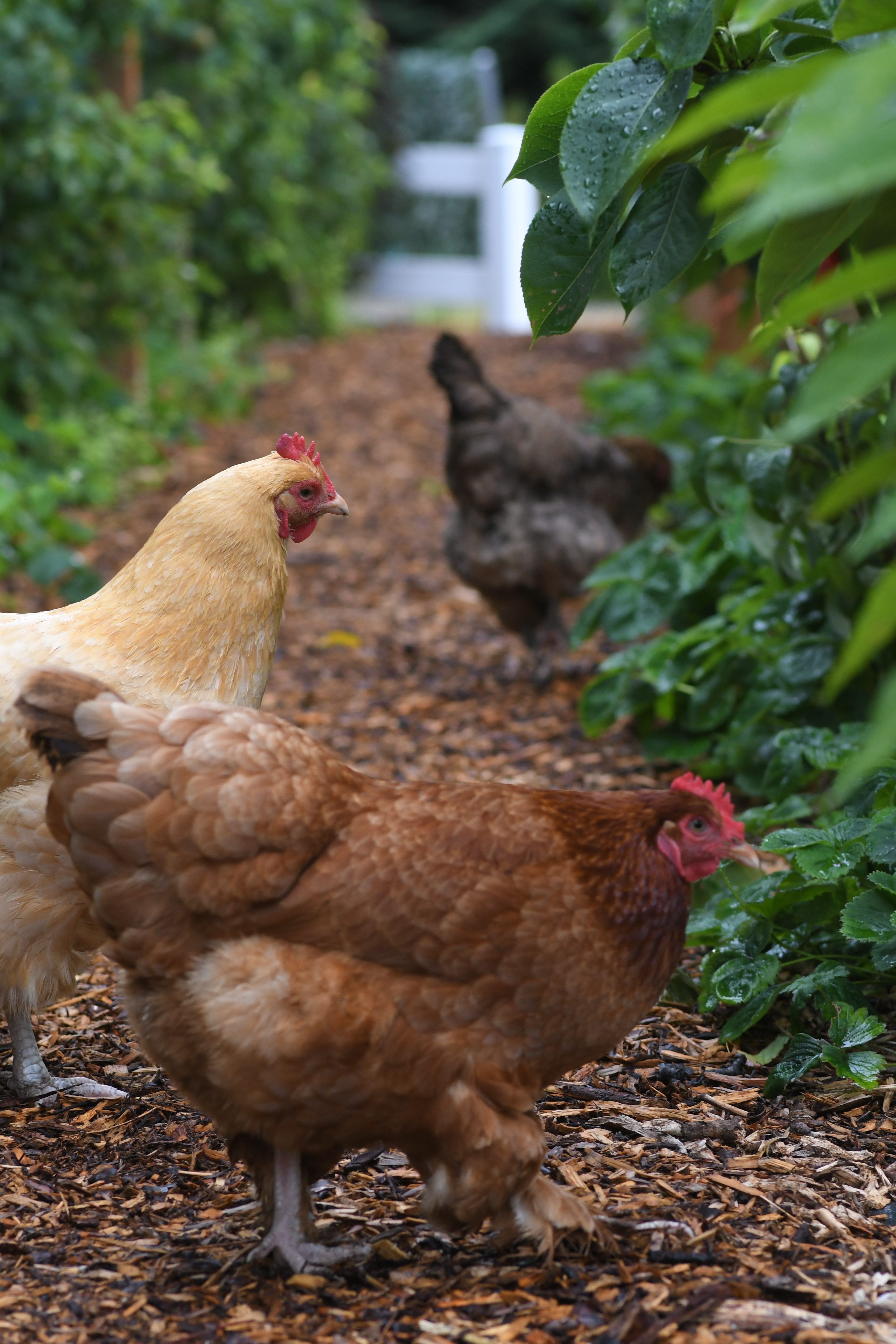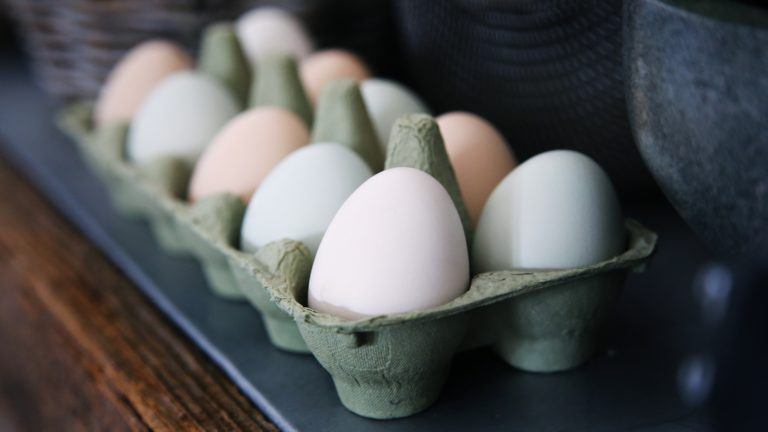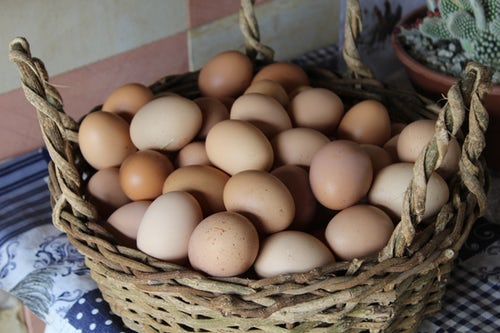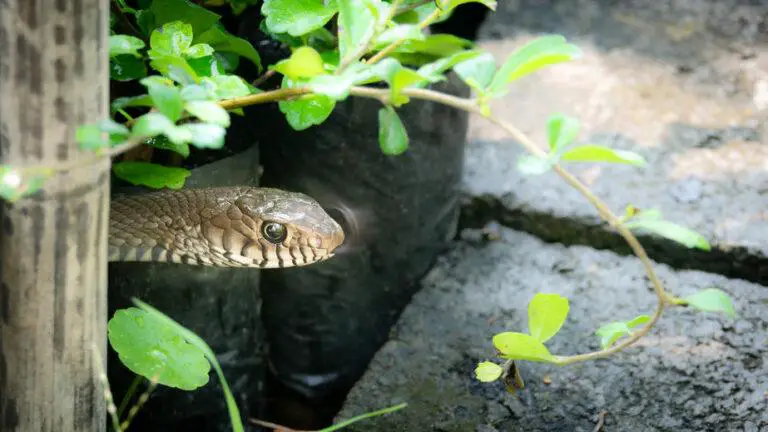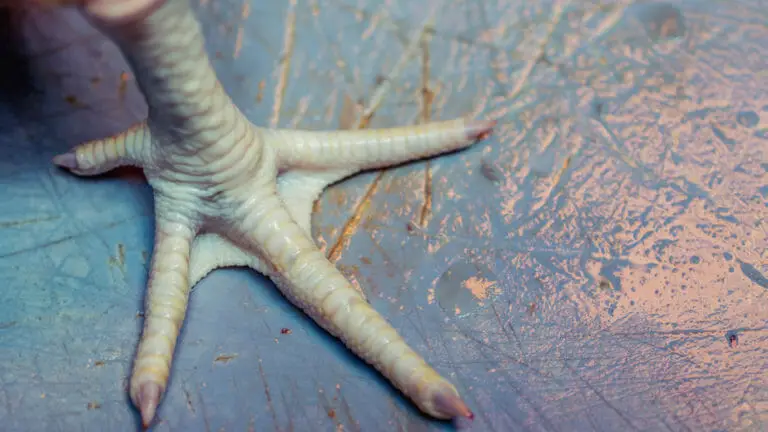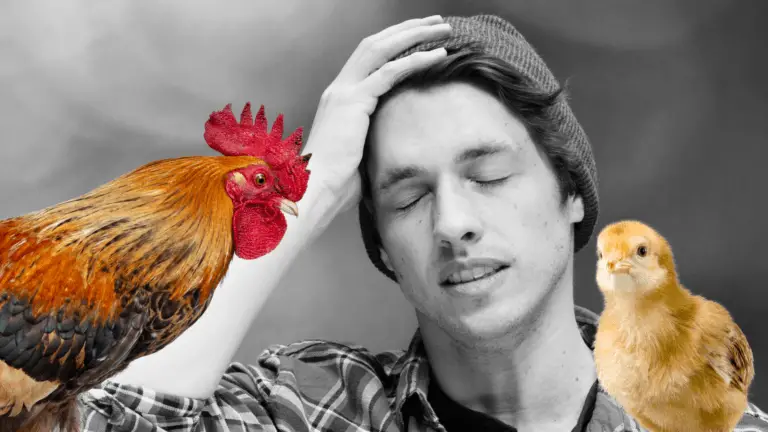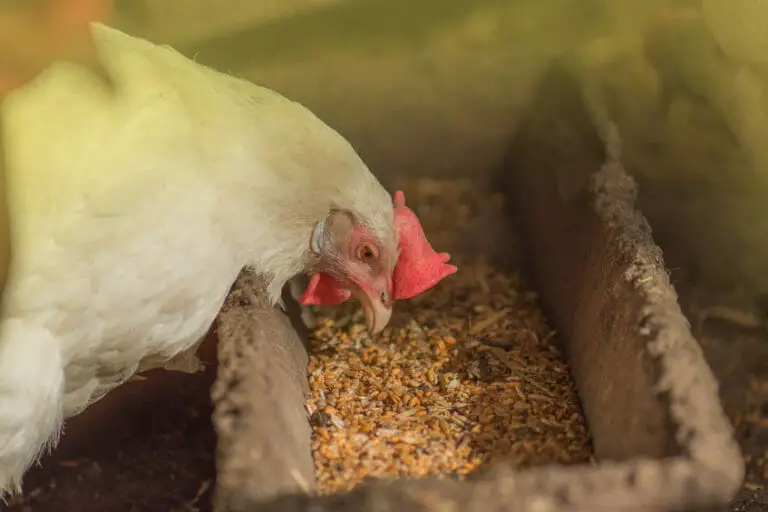Best Manure For The Vegetable Garden? Look In Your Chicken Coop
Looking for free or inexpensive fertilizer for you garden? Well if you’re raising chickens, you’re in luck…they produce it for you!
Composted manure provides necessary micro-nutrients for the soil. But your chickens are competing with a few other farm animals in the garden fertilizer category.
In this article we’ll take a look at how to compost chicken manure (all manure, actually) and what can be used with it to make good compost.
We’ll also take a peek at some of the best manure from a variety of farm animals and where your chickens rank in the mix.
The Composting Process
Although chicken manure is great fertilizer for your garden, there are a few things to keep in mind before just throwing it from the chicken coop to the garden. Chicken manure (and manure from nearly any farm animal) first needs to be broken down through the fermentation process of composting.
Composting will help kill any bacteria, parasites, or seeds that are present in the manure. The process takes anywhere from a few weeks up to 6 months, depending on what type of manure you’re applying and the composting technique being used.
Composting also reduces the possibility of making your veggie plants “hot” by tempering the levels of nitrogen. It also eliminates a lot of the offensive odors that raw manure contains.
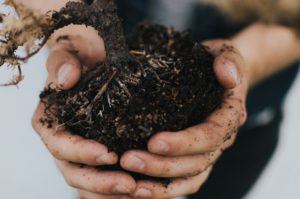
Composting is essentially combining manure, soil, and other plant materials.
When combined, the compost gets hot, effectively killing off much of the bacteria, parasites, and seeds that may be in the manure.
It’s not a complicated procedure, and can essentially be done using the following few steps:
- Make or buy a compost bin. It should be roughly 4 ft wide x 4 ft high to hold a decent amount of compost.
- Add manure, some bedding like leaves or straw, and a sprinkling of water in the bin and stir it around. You should also add veggie scraps, grass clippings etc. as the “green” in those scraps, combined with the poo and “brown” dry materials like straw or wood shavings etc., helps to enhance the composting process. The ratio should be 2:1 green to brown. Mixing this together gets it hot. Look for it to be steaming and have a temp of about 130 degrees F. Keep stirring it a few times/week.
- Once it’s been heated and cools down, transfer to a second bin to cool down and “cure.” This process takes another 2 or more months.
- During the “curing” process, continue to stir the contents a few times a week and make sure it’s getting plenty of air. Water as needed. If you can’t squeeze water out of it with your gloved hands, it may be too dry. Just add a sprinkling of water and mix together. If it’s too wet and you pooling water or it’s been rained on a lot, add some dry materials like leaves or straw.
- After a minimum of 2 months (longer is better for curing), you’ll have a nice mixture of composted manure all ready for your garden. But mix it with top soil before adding to the garden.
- Spread it in your vegetable garden no thicker than 1/2 inch deep and water it into the soil.
Below is an excellent video of the process…
;
Composting Bin
To achieve a good composting heap, you’ll need to set up a composting system. This does not have have to be anything complicated. It can simply be four pallets (or 8 for making two bins) connected at the corners…and they are often found for free from stores or on Craigslist.
They have slats in them to allow for aeration. Just add your composting materials and follow the steps above.
If you want to reduce the amount of work involved, there are some compost bins that can be found at your local hardware store or online.
Many of the newer composting products are quite lightweight, and have a tumbling mechanism installed to make turning and stirring the compost much easier.
Farm Animals That Produce Manure As Fertilizer
As you already know, manure creates perfect, nutrient rich soil for any garden, whether it be of the flower or vegetable variety. And it’s much cheaper than buying it from the hardware store.
Manure is not the same from all animals. We’ll take a look at a few of the animals that produce great manure for the garden…chickens included of course! They are listed in no particular order below.
Horse
Provides a great source of nutrients, even higher in nutrients than cow manure. Can be composted over the course of about 4 to 6 weeks if mixed with leaves, adding some water occasionally, and stirring it every few days. It will also need oxygen and air movement for the process to be effective.
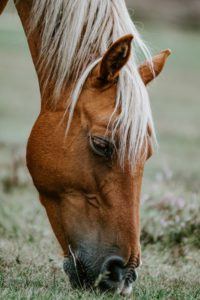
Horse manure contains less nitrogen than other types of poo, but it’s not wise to add un-composted poo directly to your plants because it still has the potential to burn the roots.
Sheep
Although not as highly touted as other manure, it’s still effective as fertilizer when composted, which takes about 2 weeks if done properly and with correct aeration. It’s great for the garden since it’s lower in nitrogen, so it won’t burn your plants.
Cow
Cow manure is also good fertilizer, and not as high in nitrogen as chicken manure. Composting method is the same.
Alpacas
Alpaca droppings is the only manure that can safely be used directly in the garden (in raw form) without damaging your plants. Another perk of Alpaca manure is that it doesn’t carry seeds.
Rabbit
Rabbit droppings are another great source of nutrients for the soil in your garden. Opinions vary on whether rabbit poop should be composted first, or simply spread into the garden. It’s always a safer bet to compost it since you won’t run the risk of burning the roots of your precious plants! Again, compost rabbit manure using the above process.
Chicken
The star of the show in this article, chicken manure is also great for the garden. Chicken manure is great in the garden because it’s high in nitrogen and contains phosphorus and potassium which are great for the soil. It adds a great deal of organic matter to the garden and helps in retaining moisture.
Chicken manure is considered “hot”, or has enough nitrogen in it to burn small plants so it will need to be composted first. The entire process takes roughly 6 months or more.
We will add here that some people suggest putting raw chicken poop in the garden a few months before the growing season starts. Proponents of this method claim that by working it into the soil a few months in advance will not damage your plants when planted the following Spring.
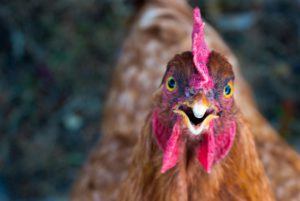
Perhaps this may work…but we’d suggest erring on the side of caution and composting it first – that way your plants are better protected from potential damage from chicken poo’s high nitrogen levels.
Having patience and waiting a few months through the composting process will yield better and safer results.
Simply following the above process for composting your chicken manure will yield some beautiful fertilizer for your veggie garden!
DO NOT USE DOG OR CAT POO IN YOUR GARDEN
Feces of other domestic animals i.e. your beloved cats or dogs, is not a good option for your garden. Their poo can contain toxoplasmosis, a disease caused by a parasite they get from eating uncooked meat.
This parasite can be killed during the composting process, but it needs to reach at least 165 degrees F, and most compost piles don’t reach that temperature.
Worst of all, toxoplasmosis can be transferred to humans, becoming particularly problematic for pregnant women and those with compromised immune systems. Yikes!
The Mayo Clinic has more information about the dangers of toxoplasmosis here.
When To Apply Chicken Manure To Your Garden
If possible, add that beautiful compost to your garden in the Spring and Fall. By adding the compost in the Fall, the soil can further break down the nutrients, making a nice rich bed of soil for your plants in the the Spring.
Adding more compost in the Spring will provide an additional nutritional (and nitrogen) jolt to your new plants!
How Much Chicken Fertilizer To Use
We won’t get into all the science of this, but will provide a few guidelines on how much chicken manure to use during each application.
If you shoot for using a layer of about 2 to 3 inches of chicken compost over your entire garden, you should be fine. Just work it into the soil and water it. Your plants will love you!
A Final Tip…
You may want to consider getting your soil tested for nutrient levels every couple of years or so.
To do this, simply take a small sampling of soil from different parts of your garden. Simply dig down around 6 inches and extract a small amount of soil. Mix all the samples together and put a small amount in a jar for testing.
Check with our local county extension office about how and where to get your soil tested.
This process can give you valuable results about how your soil is doing, and where it could benefit from improvements.
Closing Thoughts
We hope you’ve learned a few tips here on how to use your chicken poop as a supercharger for your veggie garden.
It’s fun not only to raise chickens, but to be able to use their waste in a way that can pay off big time in your garden – a real “win win.”
If you have any thoughts on adding chicken compost to your garden, please share them here. We can all learn a lot from the experiences of other chicken farmers and garden enthusiasts.
Thanks for stopping by!

